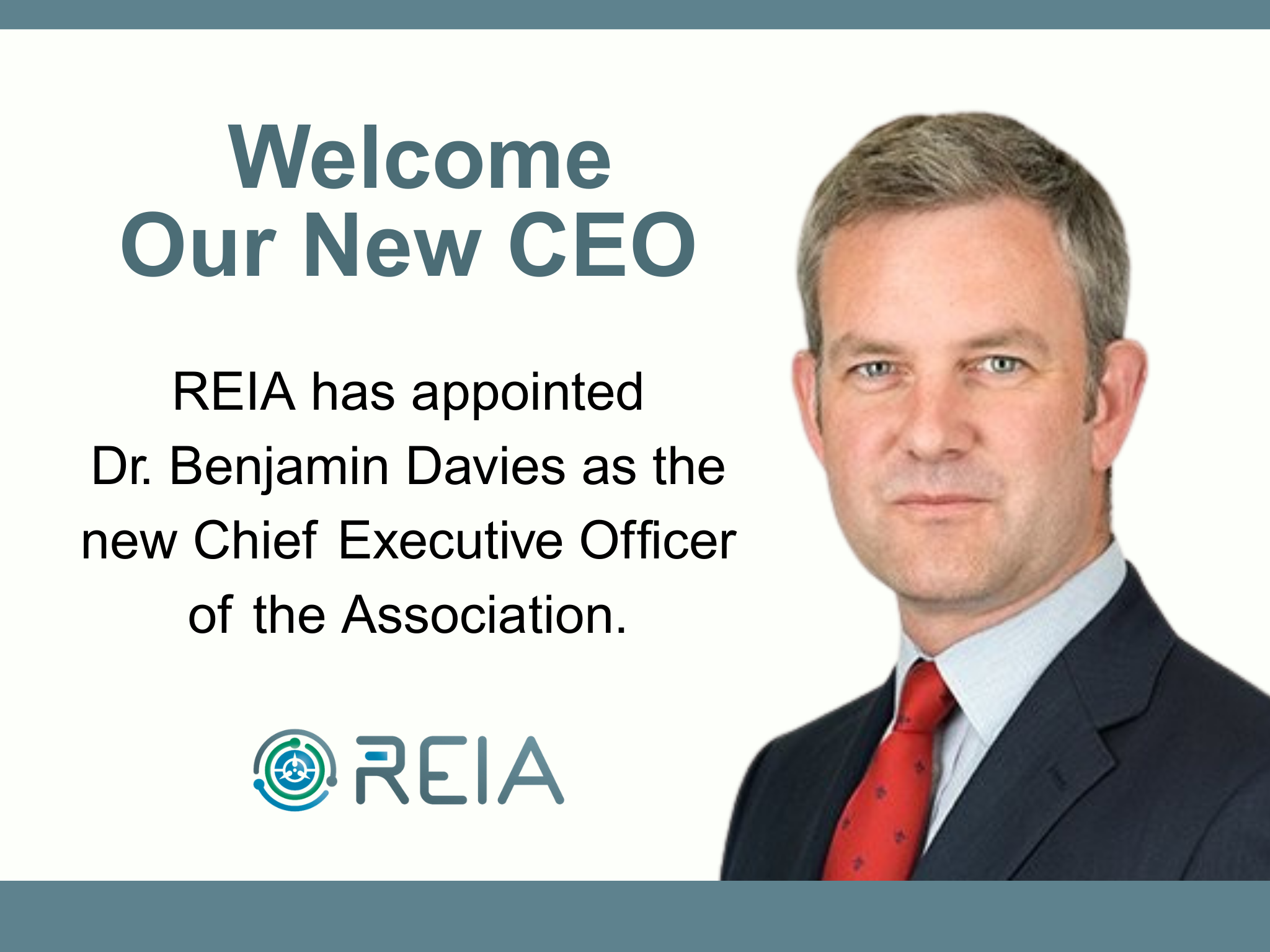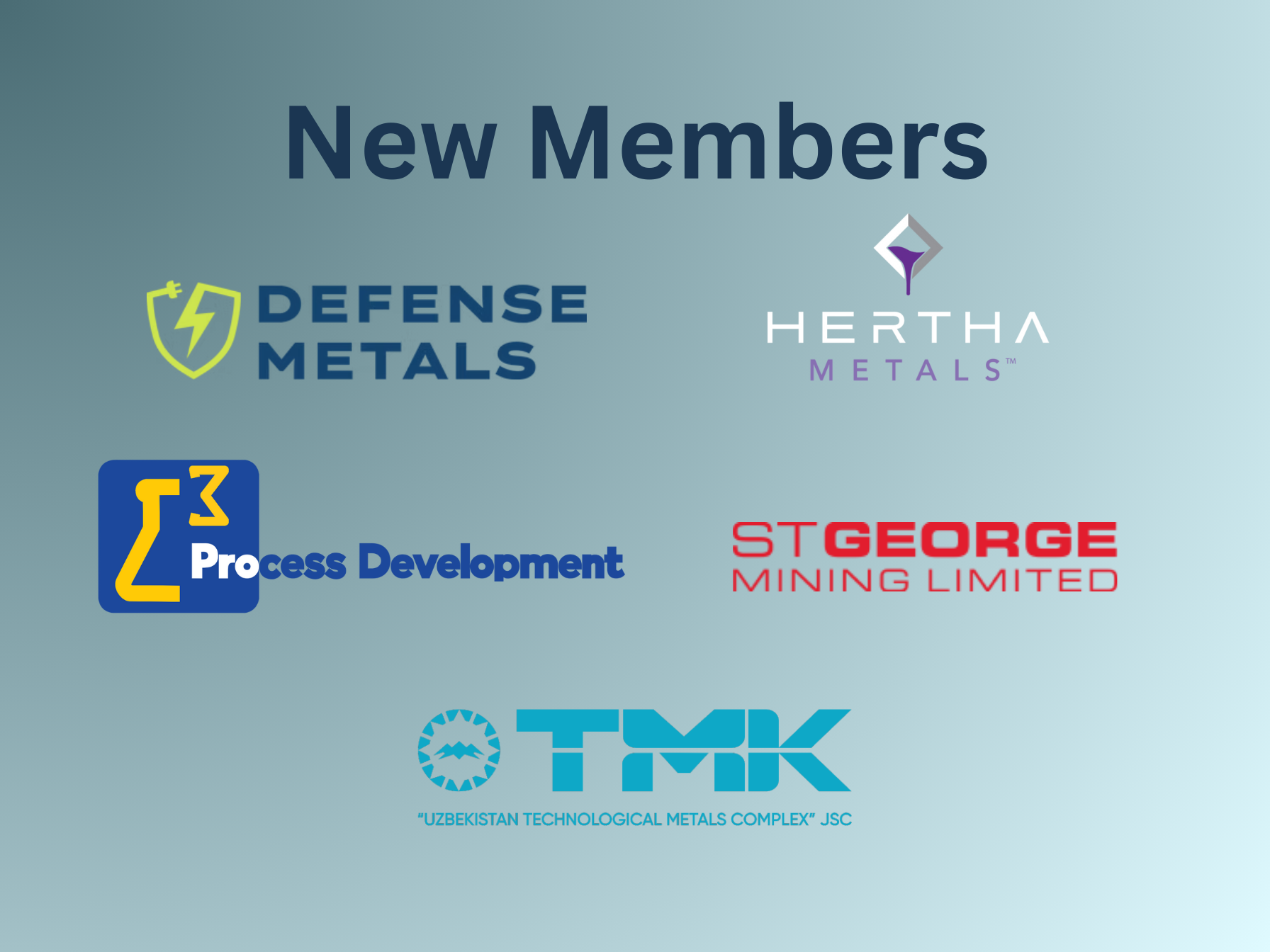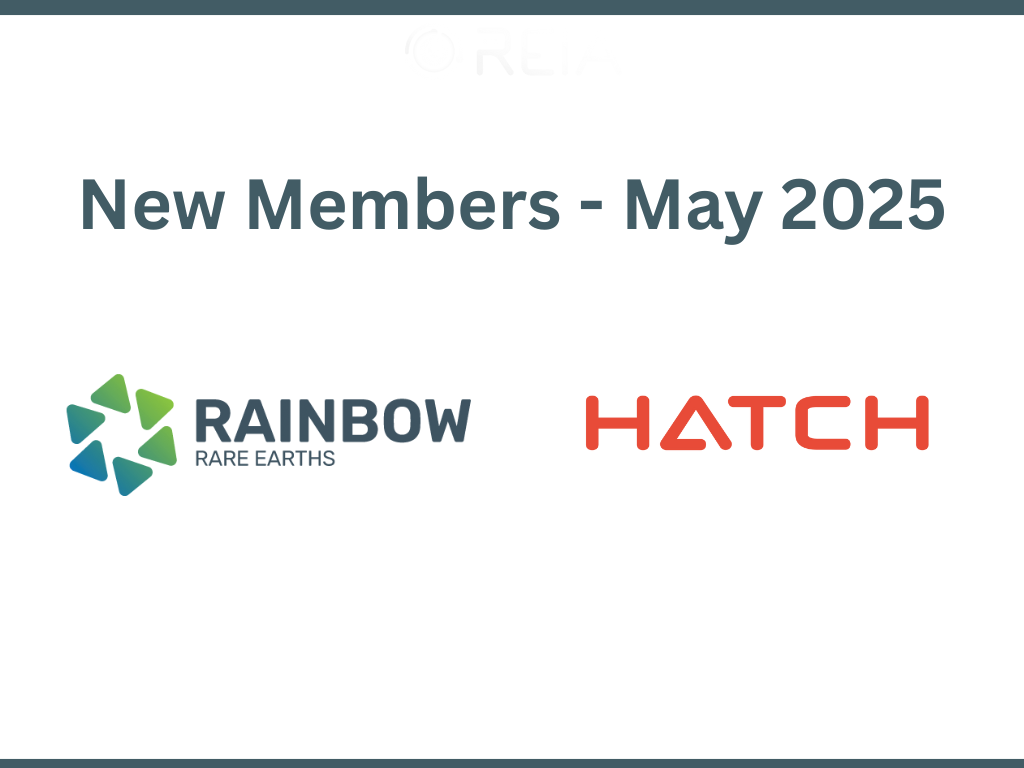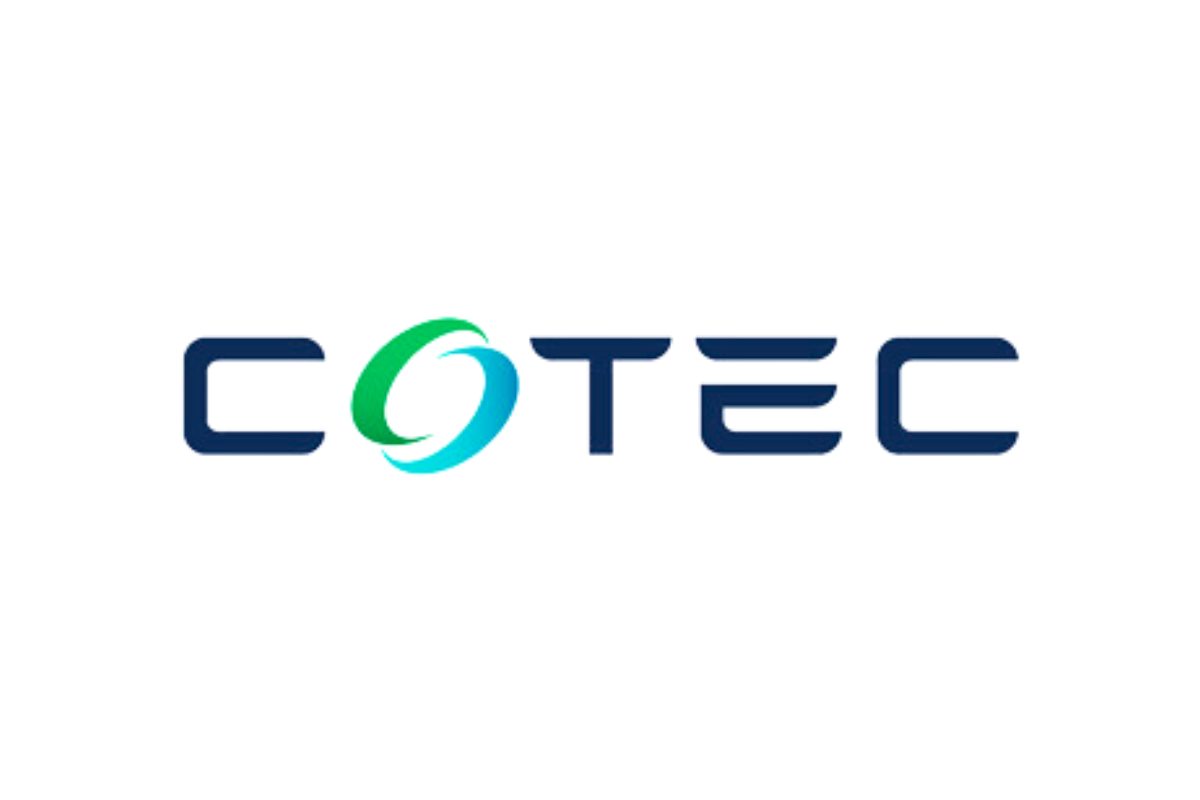October 09, 2018
GloREIA Delegation visits Japan
9-12 October 2018 Japan (Tokyo, Osaka, Kobe)
Toward a Global Rare Earth Industry Association (GloREIA)is a project sponsored by EIT Raw materials in 2018, a body of the European Union, under the Horizon 2020 Framework Programme for Research and Innovation. GloREIA will prepare and launch a formally registered global Association for Rare Earth Industries (REIA) for international experts and stakeholders.
The GloREIA project team visited Japan on 9-12 October 2018 to promote the association among the Japanese stakeholders and government agencies. The visit coincided with the second International Round Table on Criticality and EcoBalance conference, which was being held on 9-12 October in Tokyo. The objective of the visit was to seek interest from the Japanese stake holders in setting up the global association as founding or associated members. The first 5-10 founding members will have a substantial role in directing the focus and planning of the operations of the REIA.
The GloREIA team was comprised of Prof Roderick Eggert, GloREIA board member and professor at Colorado School of Mines, USA; Elbert Loois, chairman of GloREIA advisory board and owner of HiTech Material Advisory, Germany; Nick Kotaki, GloREIA board member and owner of Material Trading Company of Japan; Nabeel Mancheri, GloREIA project manager; Gwendolyn Bailey, GloREIA Research Associate; and Benjamin Sprecher, GloREIA consortium member from Leiden University.
The GloREIA team visits started with the participation at the second International Round Table on Criticality on 9th October, which provided GloREIA ample opportunities to outreach to various stakeholders in Japan. Though the workshop in general dealt with resources criticality and methodologies adopted by various countries, there were specific references to the rare earth value chain and the non-availability of data on REE processing circumstances.
The team presented the REIA targets, its proposed organizational structure and its activity portfolio for its members. REIA aspires to form the first international association for the rare earth industry. During the visit, intensive discussions have been carried out with the main rare earth companies, institutions and government bodies in Japan, which have supported the team to establish a list of prioritized actions. The feedback that was received from several companies and government agencies in Japan is summarized below.
Japan still considers REEs as one of the most critical resources due to its economic importance and supply risk. However, Japan has adopted several strategies in the past few years, such as diversifying its supply sources, substitution and recycling to de-risk the supply situation.
The Japanese market also witnessed a few vertical integration and M&A strategies by the main rare earth applying companies to secure their supply and to increase their market competitiveness. The companies believe that the risks across the supply chain are not reflected by the relatively low REE prices.
The companies we visited were positive about setting up an international rare earth association and promised all supports. There was an agreement that an international association representing the REE companies across world will support to increase the transparency and sustainability of the sector.
One company specifically mentioned that REIA should put more emphasize on the transparency of the supply chain and work across the value chain to increase insights on the processing routes and circumstances.
Companies from the non-magnet sector were concerned about the mineralogical distribution in rare earth production and they specifically sought to balance out future REE demand. It was perceived, that REIA faces an important challenge to facilitate the initiation of international collaborative projects on finding new applications for REEs.
Japanese stakeholders also welcomed that the REIA should continue to work together with Chinese stake holders, as over 90 percent of the rare earth materials production originates from China. An international association with Chinese stakeholders is also especially relevant, since China is increasingly investing in REE mining and processing projects outside of its own territory.
The REIA team further informed Japanese government officials from the METI and JOGMEC, that the delegation has put its priority to visit Japan first as it is a major stake holder outside China in the REE field. An active Japanese role in the association is expected and this will send a positive signal to the REE sector around the world. The government officials informed that the government departments will support REIA by joining as advisors, observation members or as strategic partners. They also offered to help the association in information exchange, international collaboration and connecting and networking with stake holders. They confirmed that by collecting data and providing information, the REIA has the potential to make a great contribution to the transparency and sustainability of the global REE value chain.
Discussion have also been held about the international standardization process of REEs. The Japan Newer Metal Association is representing the Japanese stakeholders in the ISO/TC 298 process. Japanese representatives were concerned about the absence of any European representatives in the ISO technical committee 298 and urged REIA to pursue this issue with the stakeholders in Europe. In response, the delegates informed that the two advisory board members of REIA, representing Canada and Australia, take part in the international standardization process and the association look forward to have an active role when it is established as an International non-profit Association in Brussels by Mid-2019.
The delegates promised to get back to the stake holders with this summary of the meetings, including a short questionnaire, to get their feedback on the proposed association and on their further expectations on joining the REIA.
http://www.mtc-j.com/profile/rare-metal-20181024_5P-6P.pdf


 Subscribe
Subscribe
 Members
Members



